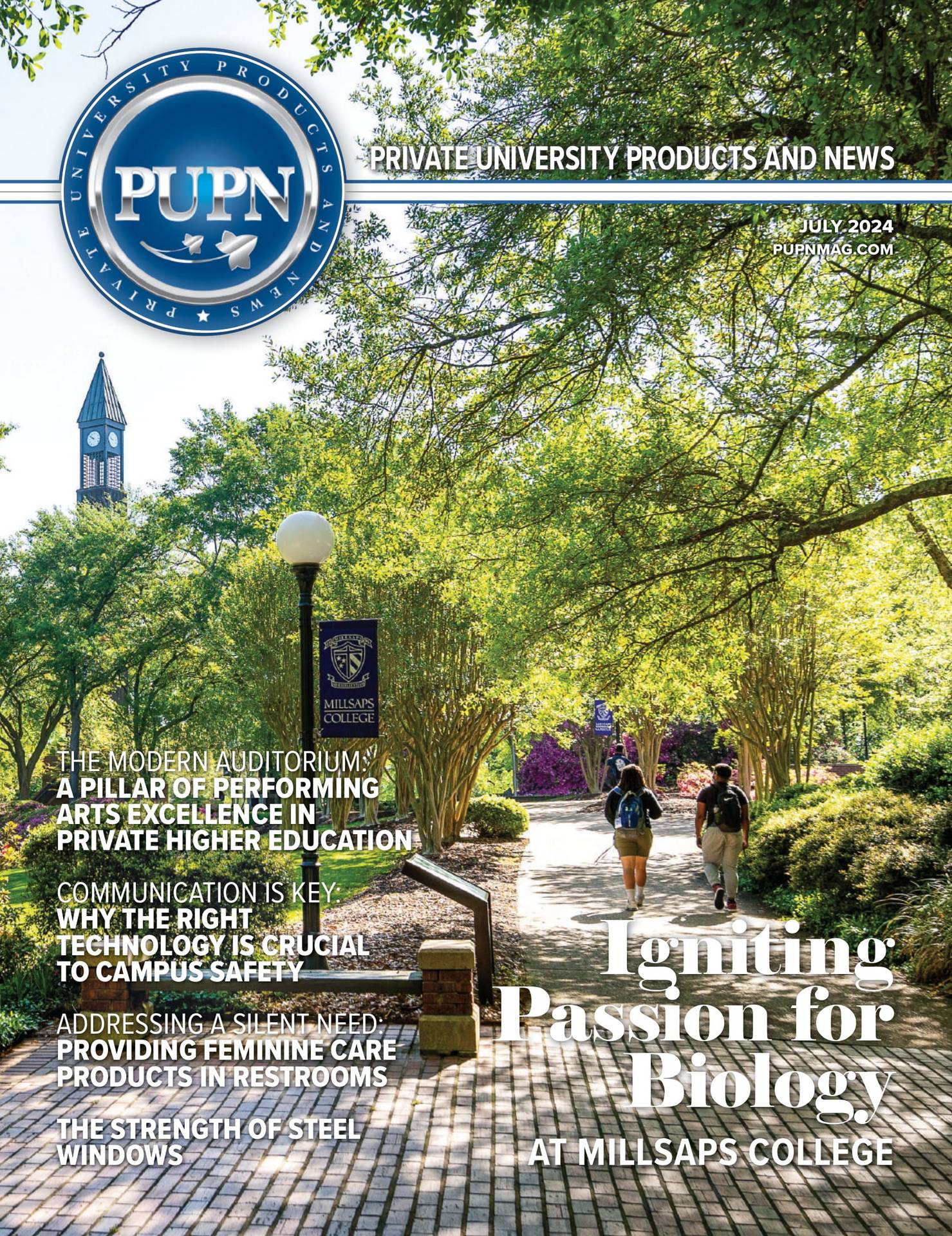When Kelly finished her own Master of Art in Clinical Counseling at Eastern University, she says she had gotten a great education for clinical psychology work, but that she had received no training at all in working with patients in the realm of sexuality. This lack of training meant that she felt ill-prepared to work with people who had experienced sexual abuse and assault, but she also felt ill-equipped to support people who were experiencing any sort of sexual dysfunction, who struggled with their level of sexual desire, or who were grappling with any issues related to their LGBTQ+ identities. What’s more, Kelly observes, is that several of her colleagues also had received no training in these areas. When Widener University began its graduate Sexuality Education program—one of the first accredited programs of its kind—Kelly returned to school, earning both masters and doctoral degrees in Human Sexuality from Widener University.
Kelly’s dissertation studies clinicians who were in a similar position to hers, having received no training in working with their clients in matters of sexuality. The study examined how these clinicians handled the counseling needs that their clients had in relation to sexuality. Because this work is so vital for human beings, Kelly now promotes education in human sexuality at all levels. At the Walden School, a Montessori school in Media, Pennsylvania, Kelly teaches sexual health education for fifth through eighth graders, and she also works with the students’ parents, teaching them how to talk with their kids about these concepts. In the future, Kelly hopes to write books about how to have conversations around these sensitive topics, starting at home and communicating early.
In her private and group practices, Kelly primarily works with sex offenders, both in working to prevent offenses before they occur as well as providing clinical care after an offense. She began working with this population during an internship at a sex offender therapy practice that had the goal of creating a safer society by working with this population. She noticed that no one was asking about sexuality in the group sessions, so she volunteered to create a healthy sexuality module, and the owner agreed. Once she developed the module, she presented it at an American Association of Sexuality Educators, Counselors and Therapists (AASECT) conference, teaching fellow practitioners how to look at healthy sexuality for offenders instead of trying to simply shut off their sexuality entirely. She points out that offenders are also sexual beings, as are most humans, and they need this guidance. This work has helped reduce the toxic shame that most offenders feel, as well as helping them manage their urges. She teaches them that it’s ok to have healthy and consensual fantasies and gives them permission to embrace their sexuality in ways that are safe for themselves and others.
Innovative Educator
Kelly, who had been an adjunct instructor for over a decade before accepting her current full-time position, appreciates the dynamic between the graduate counseling program and her private practice because she can apply different skill sets in each setting. She has added human sexuality courses to round out Goldey-Beacom’s approach of training counselors to have a holistic view of each of their clients. Kelly notes that many in our society are taught not to discuss sex, politics, and religion. Counselors, however, need to know how to talk about all three subjects with kindness and compassion—and without attempting to change their clients’ worldviews. Additionally, Kelly says that her private practice experience enriches her classroom instruction; she can discuss approaches to dealing with issues such as sexual impulsivity, sex offending, and child pornography use.
Giselle Borja, Goldey-Beacom graduate and pre-licensed therapist, states that Kelly’s classes were “very different.” As a psych major, she says, her previous classes had been “theory based with no interactive part.” The professors might present a scenario and ask students what they would do; everyone had a chance to talk through their ideas in an abstract way. By contrast, Borja notes, Kelly’s classes involve both theory and actual application of the ideas. For example, in “Theory and Practice of Group Therapy,” Kelly lectured for part of the class period; the remainder of the time was dedicated to having students participate in group therapy sessions. Kelly helped each group set boundaries and goals, and a different class member rotated into the role of group leader each week, guided by that week’s course readings. The students also wrote a weekly short paper to debrief the sessions, and Kelly gave feedback on these reflections.
Borja observes that the experience let students see what group work is like; they wouldn’t just discuss their answers to “What would you do in this situation?”—they actually lived the answers. If they made a mistake, Kelly jumped in with suggestions to guide them. When Borjas and a classmate were interning at a psychiatric center, they felt confident in their abilities to start and lead a group because they had already practiced those skills in Kelly’s class.
Borjas says that Kelly’s class on theory and application of individual therapy had a similar structure. Students were paired up, and each got to be in the position of therapist for half the term and client for the other half. Borjas felt uncomfortable sharing at first, and Kelly noticed. Kelly pulled Borjas aside, listened to what she had been going through, and encouraged her. She also reminded Borjas that the time was dedicated to her and emphasized the importance of confidentiality in the space. Once Borjas began to engage in the therapeutic work, she realized that “it was a nice outlet to have.” She is still very appreciative of Kelly’s willingness to reach out personally. Kelly even gave Borjas the opportunity to lead group therapy in a subsequent class, mentoring her by identifying her strengths and giving her an opportunity to practice.
Kelly’s classes were “more challenging and required a lot more work” for both students and professor, Borjas notes. Now that she’s starting her career, however, she realizes how beneficial those experiences really were. Kelly also explained a lot of practical details to her students, such as how private practice works and how to work with the government. As Borjas puts it, “She wanted everyone to know everything they need to know to be as successful as possible.”
Program Visionary
Along with her colleagues in the department, Kelly has been working to refine the graduate program offerings. One area of refinement is in addressing diversity, equity, and inclusion concerns. The goal is for faculty members to embrace all areas of diversity within their curricula. Toni Warner (LCSW, MSW, MED), best-selling author and founder of Authentically Me Psychotherapy, points to Kelly’s strengths for education and program design, saying that she thinks carefully about how to provide this vital education, meeting the needs of the students in ways that are “highly effective for individuals and systems, micro and macro.” Warner says that Kelly can offer the program “innovation from a holistic perspective.” She notes that it can be easy for policies and procedures to become restricted by administrative red tape, but “Erin can bring a fresh, whole way of being and systematic perspective to the table.”
At Goldey-Beacom, Kelly also hopes to re-kindle the study abroad program. Colleague Gerard Hoefling, also Assistant Professor of Psychology, focuses on genocide, and the two hope to take students to look at genocide through the lens of sexuality at the Warsaw International Studies in Psychology (WISP) program based at the University of Warsaw. The work, which is truly interdisciplinary, can include many areas of inquiry—experiences of LGBTQ+ people under the Nazi regime, women’s roles at home as well as in the ghettos and during internment, and expectations for childbirth and child rearing, to name a few. Because DNA is changed from trauma, Kelly is particularly interested in the generational effects of these experiences on descendants.
Joel Worden, Goldey-Beacom Provost, remarks on Kelly’s passion for her work, noting her important role in the Master of Arts in Counseling Psychology program. He states that the college has made “real, strategic choices because of her contributions and her understanding of the students and their needs.” In a time when many schools are moving to online, asynchronous models, Goldey-Beacom is moving in the opposite direction. Kelly and Hoefling point out that “So much of the training of good counselors rests on interacting in person,” Worden says. As a result, GBC has moved to having all in-person classes in the counseling master’s program in order to “build a quality program and deliver” for their students—and their clients. He notes that this model will “deliver at a level you can’t quite do virtually.” Worden adds that Kelly and Hoefling have developed an onboarding program for entering students, and they’re using a cohort model to enable students to connect both with the faculty and with each other. He is confident that with these innovations and approaches, the program “will make an important impact on students.”
Valued Colleague and Counselor
Kelly’s strengths are apparent in every area, including her relationships with colleagues and clients. Kelly and Warner became both friends and colleagues after meeting in their doctoral program. On a personal level, they “cheer each other on,” Warner says; they also consult with each other professionally. Warner observes that their different approaches to clinical work mean that they can give each other fresh insights. She adds that Kelly is “great to bounce ideas off” because “she only operates with integrity.” She continues by noting that having “a colleague who has that is very special.”
A previous client of Kelly’s—for whom this article uses the alias Alan Blake—sought counseling with Kelly about six years ago because of an experience in his younger years that he was still grappling with. He was feeling a lot of self-doubt and anxiety about his capabilities. He describes himself as “high achieving, driven, and overly analytical,” and he says that these qualities caused him to worry excessively about what others thought of him. Before working with Erin Kelly, he had been an educator for twenty years, and he observes that his work with her has allowed him to rise into a leadership position. He commends Kelly’s “uncanny ability to develop the trust of the patient” and says that their work together was “transformational” for him. Everything about his life has improved, he notes: his relationships with his wife and others and his ability to move into a more challenging leadership role. “From my perspective,” Blake states, “Erin is a miracle worker.” He appreciates the fact that he has been able to positively impact more people because of his work with her. He recognizes how much anxiety hinders many people, and counselors like Kelly can help their clients work through decades of habit to “unleash potential that may never have been realized” otherwise.
While many people can be uncomfortable when hearing the word “sexuality,” it is clear that these issues permeate our lives in ways big and small. In addition to matters of sexuality itself, these ideas relate to our sexual orientations and gender identities, friendships and romantic relationships, health care needs throughout life, and our perceptions of ourselves within our societies and cultures. In addition to providing a model in her own private practice, Kelly is working to make sure that people who need counseling in any of these arenas will have counselors who are prepared to help them work through their challenges—with kindness, compassion, and integrity.










